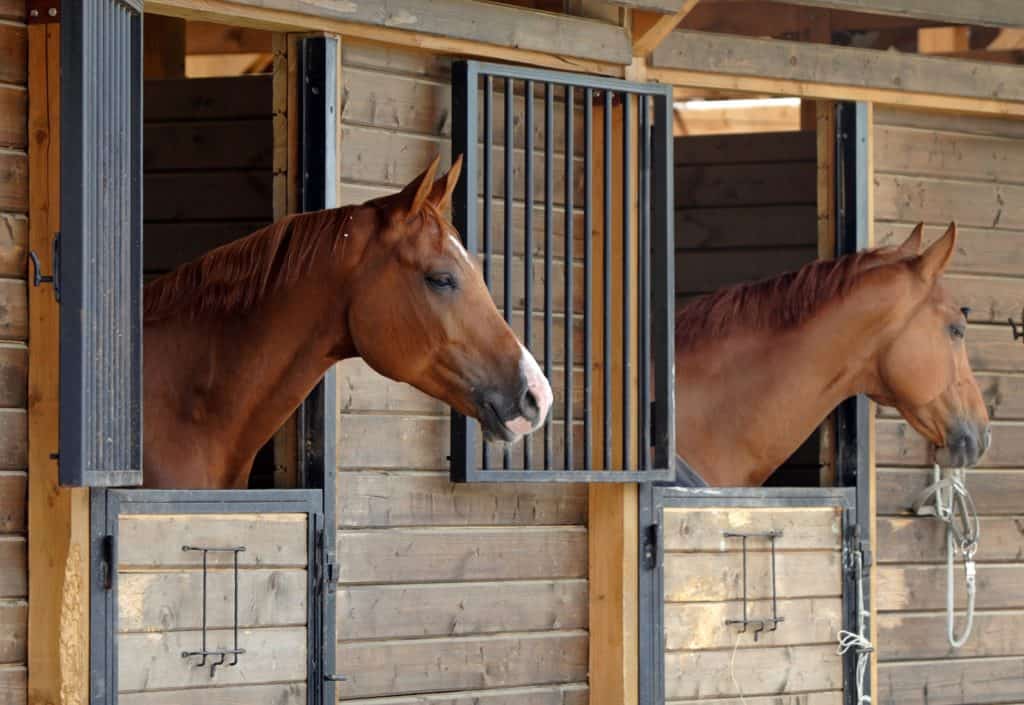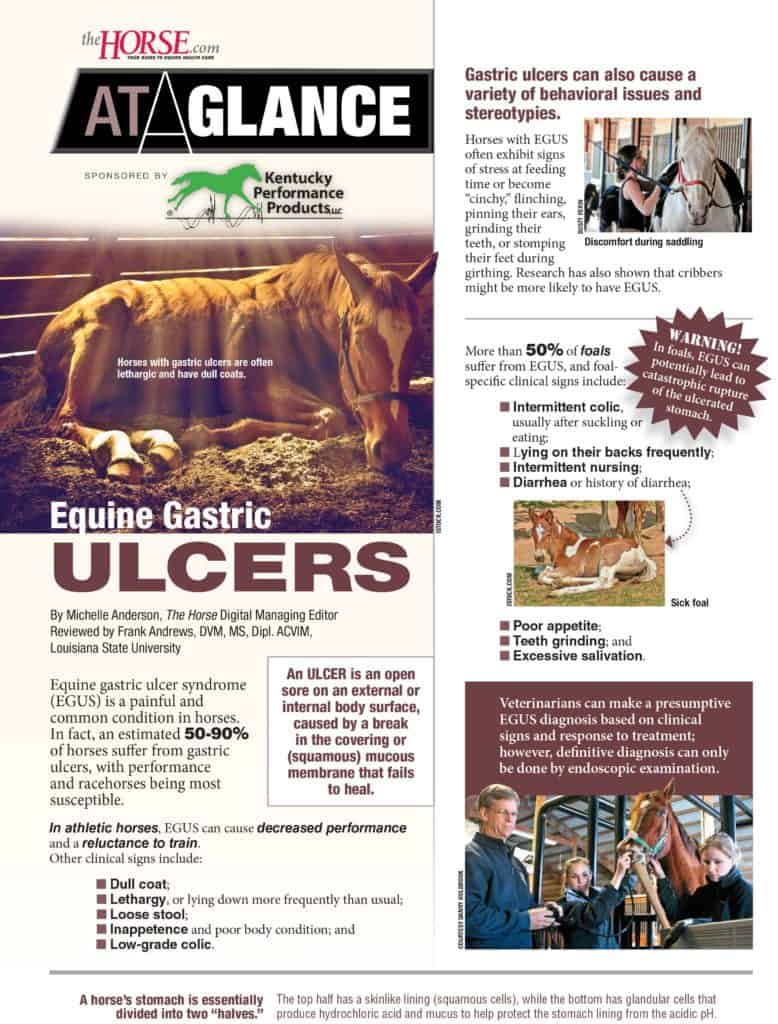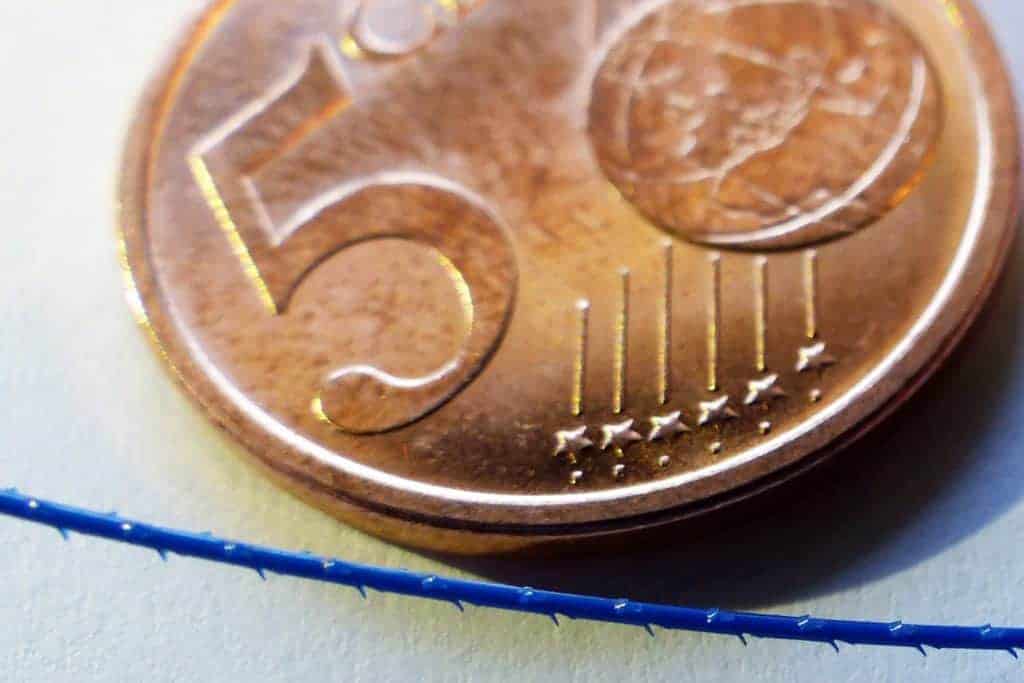
Genomewide Study Identifies Arabian Horses’ Risk for EMS
Researchers say this seems to confirm lore that some horse breeds are more susceptible to EMS than others.
News and issues for equine health professionals

Researchers say this seems to confirm lore that some horse breeds are more susceptible to EMS than others.

Poor air quality in stalls is a leading cause of equine asthma. Discover ways to improve air circulation when designing horse barns from Morgan Hayes, PE, a livestock systems engineer at University of Kentucky.

Equine gastric ulcer syndrome (EGUS) is a painful and common condition in horses. Download this free guide to learn more!

Dental pulp injections helped reduce pain and improve lameness in horses with soft tissue injuries and arthritis.

Farriers can learn more about conducting research, increasing the evidence behind farriery, and improving horse welfare.

One researcher believes records collected by vets seeing horses in the field could offer new insight into laminitis.
The new test takes just four hours to complete. Previous tests took up to two weeks.

Intramitochondrial crystals could be related to horse joints’ ability to withstand mechanical stress, scientists say.

Find out the most important things to consider when caring for horses in extreme heat.

Learn how the all-important equine back functions and how to prevent problems from developing.

Does your colicking horse need to go to a clinic? Here’s how veterinarians determine the need for referral.
A total of 33 vet students preparing for equine medicine careers have received a combined $102,000 in financial support.

The goal of medical management centers around breaking the associated pain cycle and reestablishing proper GI function.

A special splint and cast can produce good fracture healing and pasture soundness in ponies, donkeys, and small horses.

Developing an understanding of post-colic feeding practices can help your horse on the road to recovery.

Barbed sutures eliminate the need for knot-tying and distribute tension on the suture line more evenly, researchers say.
Stay on top of the most recent Horse Health news with
"*" indicates required fields